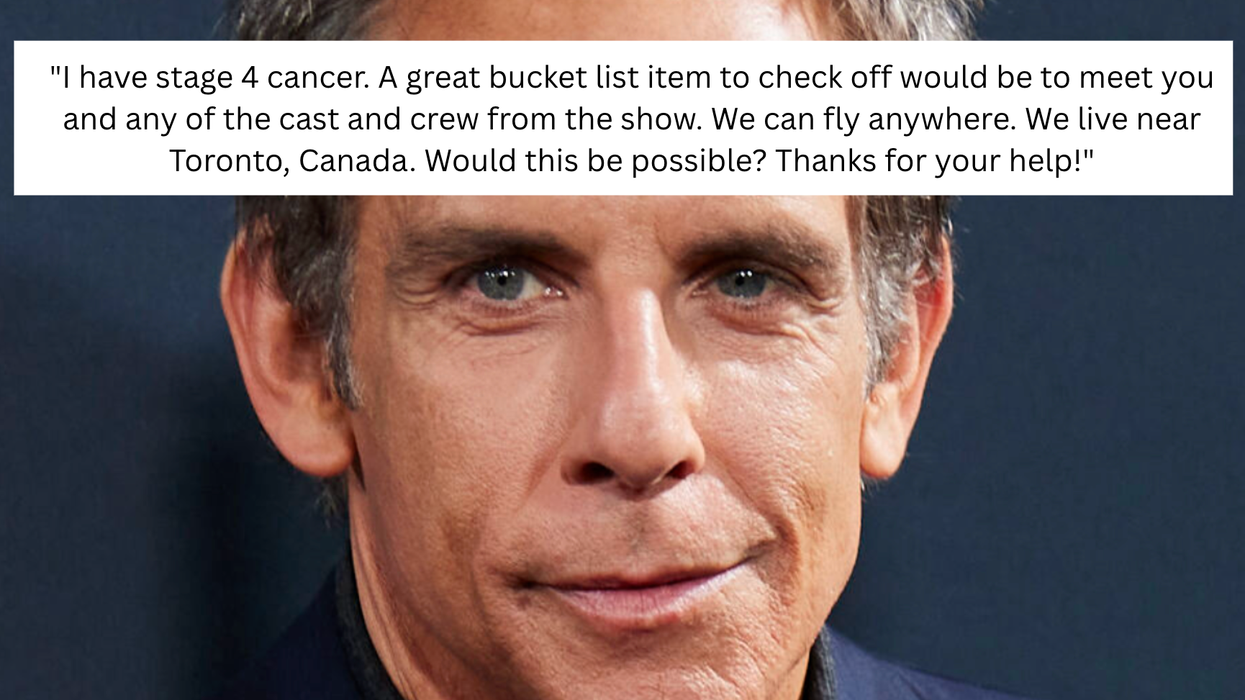Since assuming the Papacy in 2013, Pope Francis has made clear that his tenure as head of the Catholic church will be one marked by concern for—and unwavering commitment to—the world’s poor, vulnerable, and at-risk communities: Those for whom vast global institutions of privilege and power have either abandoned or, worse still, actively oppressed. His recently released encyclical, heralded for its message of religiously-inspired environmentalism, also served as a framework through which Francis could link ecology with concerns about the forces of business and capitalism—forces which he recently described as a form of “subtle dictatorship.” For Pope Francis, the Catholic Church exists to not only offer theological guidance, but practical leadership to the millions around the world unserved by a global economy that favors the “haves” at the expense of the “Have-nots.”
But where does Pope Francis’ passion for social justice, particularly economic social justice, come from?
To answer that question, GOOD contributing writer Kurt Shaw spoke with The Huffington Post’s Josh Zepps for a recent episode of Huffpost Live. Shaw is the author of “A Unified Theory of Pope Francis,” an exploration of Pope Francis’ early life and work in South America, which appeared in GOOD’s Spring 2015 Issue 33. Watch below as Shaw and Zepps discuss Jorge Bergoglio’s evolution from priest to Pope, and explore how that process continues to inform the Pontiff’s worldview today.
















 Otis knew before they did.
Otis knew before they did.